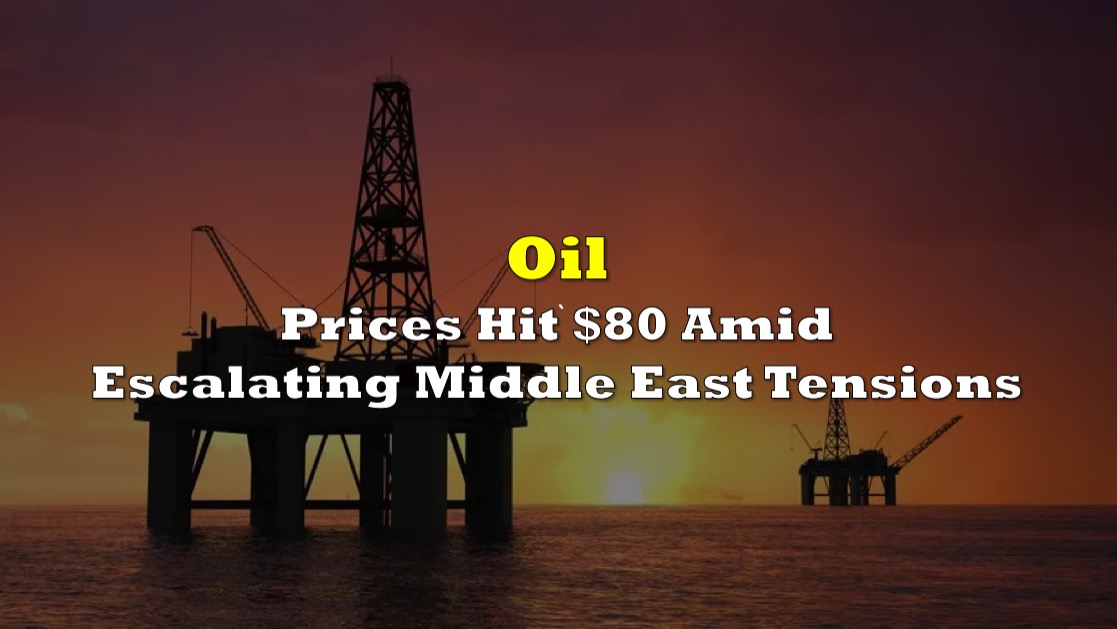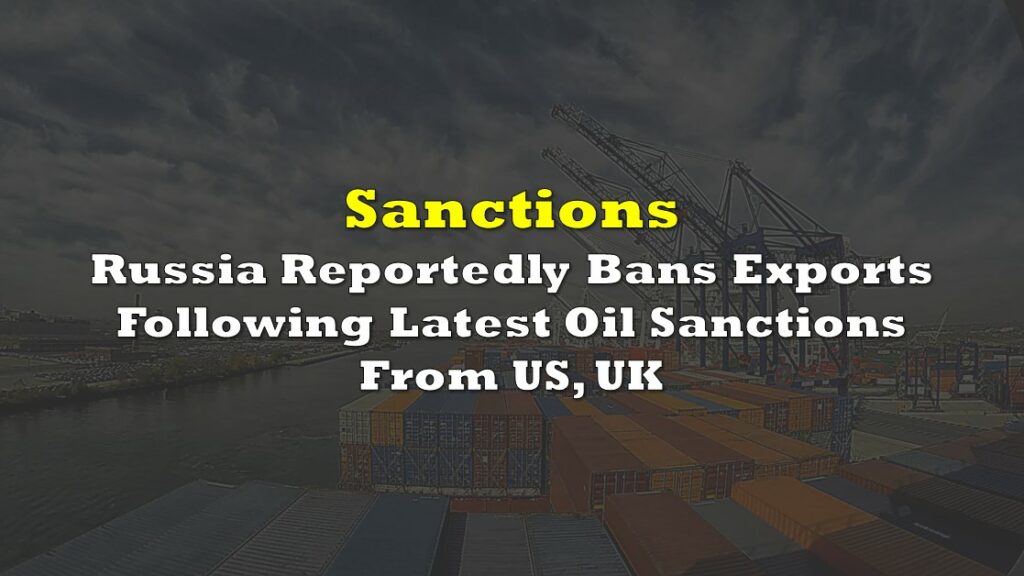Oil prices surged as the United States and its allies initiated airstrikes against Houthi rebels in Yemen. The move, aimed at responding to attacks on ships in the Red Sea, has heightened concerns over disruptions in the flow of fuel and goods through this crucial waterway.
President Joe Biden confirmed the strikes, stating that they targeted various locations used by the Iranian-backed Houthi group. US officials disclosed that radar sites and missile launchers were among the key assets hit. The global benchmark, Brent, saw a substantial increase of up to 2.5%, surpassing $79 a barrel, as investors sought to assess the potential for the conflict’s escalation to spark a broader turmoil in the Middle East.
Tensions in the region had been escalating since the October Hamas attack on Israel. The Houthis, in the past two months, have been launching daily missile attacks on ships, vowing to persist until Israel ceases its assault on Gaza.
The primary concern driving oil prices higher is the possibility of Iran directly entering the conflict, posing a threat to output and flows in a region responsible for a third of the world’s crude production. This has reintroduced a war-risk premium to the market, which had been easing due to non-OPEC+ supply and slowing demand growth.
Warren Patterson, head of commodities strategy at ING Groep NV, emphasized the potential impact, stating, “A ratcheting up in the conflict suggests a greater potential for disruptions, and the need for vessels to divert.” However, he noted that the more significant risk lies in the conflict spreading, posing threats to flows from the Persian Gulf.
The recent large-scale Houthi assault on shipping in the Red Sea, despite the presence of a US-led naval force, prompted warnings of retaliation from Washington. In a further escalation, Iran seized a tanker off the coast of Oman, adding to the tensions.
Biden hinted at the possibility of additional actions against the Houthis, stating, “I will not hesitate to direct further measures to protect our people and the free flow of international commerce as necessary.” Iran, in response, condemned the strikes, asserting that they would only fuel insecurity and instability in the region.
The airstrikes represent a calculated risk for the US and the UK, emphasizing their priority to prevent the Israel-Hamas conflict from spreading. Concerns from Saudi Arabia and other nations have emerged, fearing that such actions could further inflame tensions. Riyadh, in response to the US-led actions, called for restraint.
The Houthi attacks in the Red Sea have led many commercial shippers to reroute vessels around the southern tip of Africa, increasing costs. Citigroup Inc. estimated that geopolitical risks in the Middle East had added $2 to $3 per barrel to Brent. Standard Chartered Plc suggested that oil was underpriced by at least $10.
The current geopolitical landscape prompted Brent’s prompt spread to signal tighter near-term conditions, with a significant increase in backwardation. Vandana Hari, founder of consultancy Vanda Insights, highlighted the ongoing uncertainty: “The fluctuations in prices will absolutely remain in place. It’s an uneven tug-of-war between a bearish outlook on fundamentals and a supportive Mideast risk premium. As of now, both can be expected to remain in play.”
In response to the deepening geopolitical crisis, Brent crude futures continued their upward trajectory, extending gains from the previous session. The capture of an oil tanker off the coast of Oman by Iran, as reported by Bloomberg, further added to the complexities of the situation. The Middle East tensions have injected a risk premium into oil prices, offsetting earlier losses attributed to Saudi Arabia’s price cuts.
Information for this briefing was found via Bloomberg and the sources mentioned. The author has no securities or affiliations related to this organization. Not a recommendation to buy or sell. Always do additional research and consult a professional before purchasing a security. The author holds no licenses.









